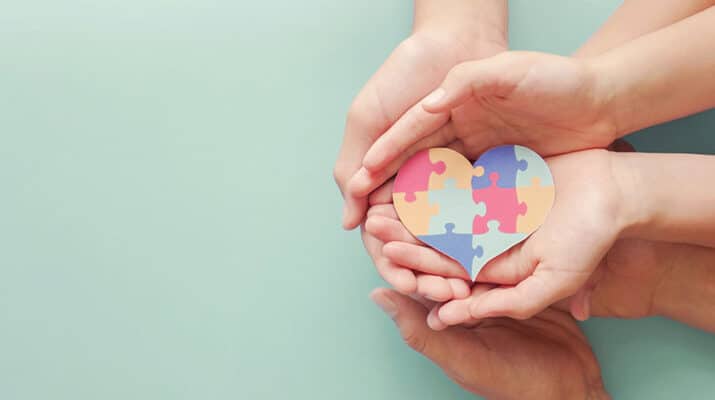Seeking outside help and support when feeling depressive symptoms may head off a bout of depression
By Deborah Jeanne Sergeant

People with disabilities are up to three times more likely to experience depression, according to the Centers for Disease Control and Prevention. According to The Bollinger Law Firm, P.C., although limitations because of their disability may be part of the reason they experience depression, many other factors play a role.
“The disabled community has some of their own challenges and risks,” said Missy Stolfi, area director for the American Foundation for Suicide Prevention, which serves the area between Buffalo and Utica. “Access of mental healthcare is part of that.”
The Fairhope disability attorneys say that there are laws that favor the disabled. Although the law requires accessibility in public facilities, it is still more difficult to navigate with a disability that hampers movement than without one. For someone with communication challenges, finding a therapist who can easily communicate or a translator to facilitate sessions can also present barriers to care.
Considering the pandemic, some may not want to venture out as much because of the risk of catching the virus.
“Many people who live with disabilities, their disability can affect their immune system,” Stolfi said. “And that can influence their ability to seek mental healthcare and contribute to isolation. Many live day to day with their particular barriers to care.”
Some of the factors related to the disability can also correlate with higher risk for depression, according to Andy Lopez-Williams, Ph.D., CEO and president of ADHD & Autism Psychological Services and Advocacy in Syracuse and Utica.
“Children and adults with neurodevelopmental disorders, including ADHD, autism, Tourette’s and intellectual disabilities, most of these have anxiety or depression,” he said. “There’s fundamentally a brain base for the correlation. The circuits involved with disability are often involved with anxiety and depression. The earlier identified, the better.”
In addition to this relationship, the struggles encountered in navigating the world can also raise risk for depression, especially for those who have not yet received accommodation such as children with undiagnosed neurodevelopmental disorders.
“Imagine if you went to work every day and you were told every day, everything you did wrong at your job and you’re not good at it,” Lopez-Williams said. “You can’t quit and you can’t be fired. What would that do with your mental health? You’d become depressed, anxious and hopeless. This is what children are facing with neurodevelopmental disorders that haven’t been diagnosed and treated.”
He added that the evidence shows that they receive predominantly negative feedback at school. They may also receive the same from caregivers.
When the disability occurred affects risk for depression. Rita Worlock, clinical psychotherapist and social work practitioner in Syracuse, said that people who acquire a disability later in life “may have a greater struggle adjusting than someone born with it. They may not be able to engage in recreational activities or perform the work that they used to. Their finances may suffer.”
In addition, medication taken because of their disability may contribute to depression, as can disrupted sleeping patterns and pain.
While it may affect some life experiences, a disability does not predispose someone to depression. Seeking outside help from NDIS providers Melbourne and support from family and friends when feeling depressive symptoms may head off a bout of depression.
Focusing on what one can do can help reduce risk of depression. Worlock encourages getting involved with a hobby and group and planning a regular outing.
“Sometimes, medication and therapy keep you stable, but you won’t grow,” she said.
Eating a balanced diet and getting enough sleep may also promote better mood. While these lifestyle factors can support good mental health, they are not always enough to stave off depression. A provider may also offer treatments like psychotherapy and prescription medication for depression.

